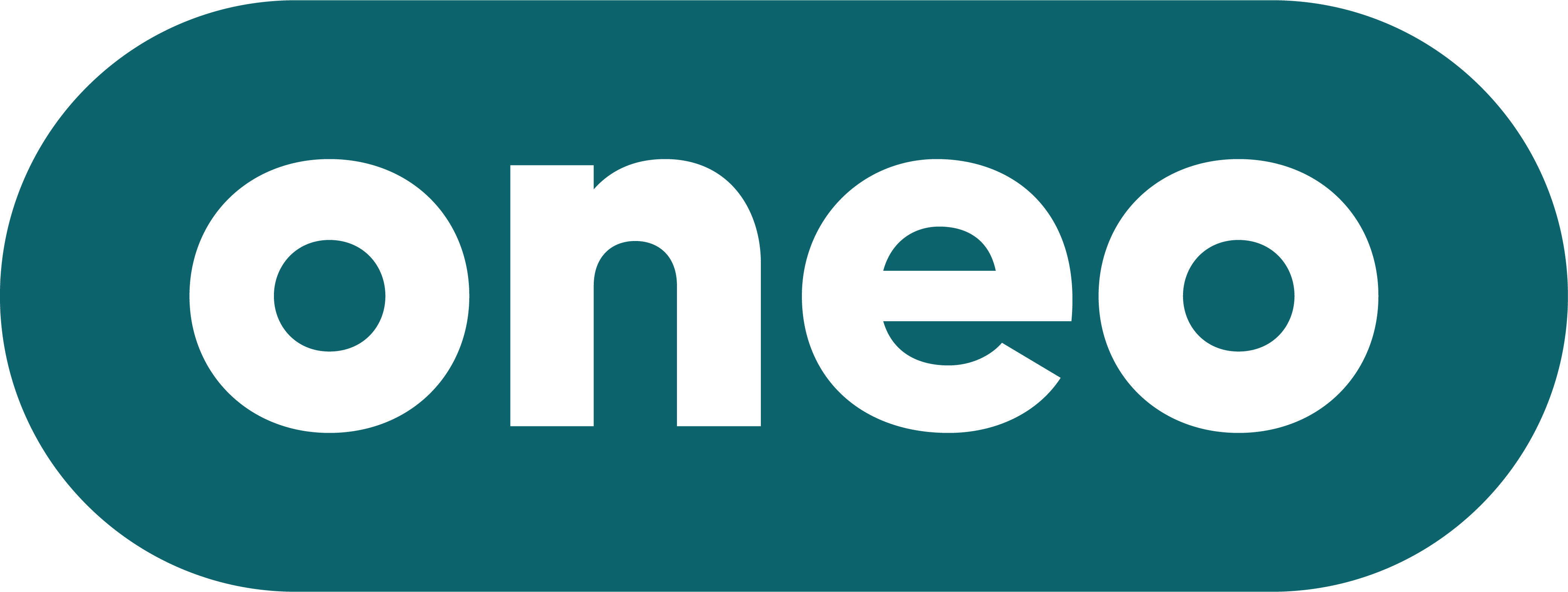The job market is a highly competitive one, so when it comes to interviews, you need to make sure you’re adequately prepared. Whether it’s a first-time interview or you’ve been through the process before, the key to success is in the preparation. Here, we’ll look at the steps you should take to make sure you get the best out of your interview.
Researching the Candidate
The first step to a successful interview is researching the candidate. This will involve conducting a background check, reviewing the candidate’s resume and portfolio, and asking questions that are relevant to the position. This will help you determine if the candidate is a good fit for the position and ensure that you’re asking the right questions during the interview.
Conducting a Background Check
Before the interview, it’s a good idea to conduct a background check on the candidate. This can help you determine if the candidate has any criminal records or past indiscretions that may be relevant to the job. You can also use the background check to verify the accuracy of the information on the candidate’s resume. According to Payscale, “A background check can also verify education, certifications, and past employment history.”
Reviewing the Candidate’s Resume and Portfolio
Once you’ve conducted a background check, you should review the candidate’s resume and portfolio. This will give you an idea of the candidate’s skills and experience, as well as their qualifications for the position. According to The Muse, “The resume should give you an overview of the candidate’s professional history and qualifications. Pay close attention to job titles, education, and any special skills or training the candidate may have.”
Asking Questions that are Relevant to the Position
During the interview, it’s important to ask questions that are relevant to the position. This will help you get a better understanding of the candidate and their qualifications. According to The Balance Careers, “Be sure to ask questions that will give you insights into the candidate’s experience and qualifications, as well as how well they may fit into the role.”
Preparing for the Interview
Once you’ve researched the candidate, it’s time to prepare for the actual interview. This involves understanding the job requirements, learning about the company’s culture, and practicing asking questions. This will help ensure that you’re adequately prepared for the interview and that you’re able to ask the right questions.
Understanding the Job Requirements
Before the interview, it’s important to have a firm understanding of the job requirements. This will help you make sure that the candidate has the necessary qualifications and experience for the job. According to The Balance Careers, “In order to make an informed decision, you must understand the job requirements in detail.”
Learning About the Company’s Culture
It’s also important to have an understanding of the company’s culture before the interview. This will help you determine if the candidate is a good fit for the company. According to The Muse, “It’s important to understand the company’s culture when interviewing candidates. Take some time to research the company’s values, mission statement, and any initiatives they may have in place.”
Practicing Asking Questions
Before the interview, it’s a good idea to practice asking questions. This will help you feel more comfortable and confident during the interview. According to Forbes, “Prepare a list of questions that you plan to ask during the interview. As you practice, you’ll become more comfortable asking them and you’ll be able to gauge how the candidate responds.”
Balancing Preparation & Spontaneity
When it comes to interviews, there’s a lot of debate over the best approach. Some believe that preparation is key, while others believe that interviews should be spontaneous. Below, we’ll look at the pros and cons of both approaches.
The Benefits of Preparation
The biggest benefit of preparation is that it can help you make sure you’re asking the right questions. According to HuffPost, “Preparation is key to a successful interview. When you’re adequately prepared, you’re more likely to ask the right questions and gauge the candidate’s fit for the job.” Preparation can also lead to a more engaging conversation, as the interviewer can ask questions tailored to the candidate.
The Benefits of Spontaneity
On the other hand, spontaneous interviews can lead to unexpected insights about the candidate. According to The Guardian, “Unstructured interviews can provide additional insights into a candidate that may not be available in a structured setting.” Spontaneous interviews can also be more effective in gauging a candidate’s true personality and attitude.
The Trade-Offs
While there are benefits to both approaches, there are also drawbacks. Preparation can lead to bias, as the interviewer may have preconceived notions of the candidate. According to HuffPost, “Preparation can lead to bias in the hiring process if the interviewer has preconceived notions of the candidate.” On the other hand, spontaneous interviews can be an inefficient use of time and can lead to a lack of structure.
Making the Most of Your Interviews
When it comes to interviews, the key is to find a balance between preparation and spontaneity. Preparing for the interview will help you ask the right questions and ensure that you’re adequately informed about the candidat. On the other hand, allowing for some spontaneity in the interview can help you get a better understanding of the candidate’s personality and attitude.
At Oneo, we understand the importance of preparing for an interview. That’s why we offer comprehensive interview training and advice, so that you can make the most of your interviews. So, why not take the first step and get in touch with us today?


